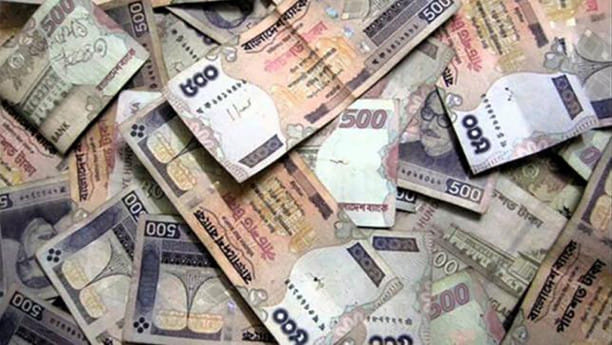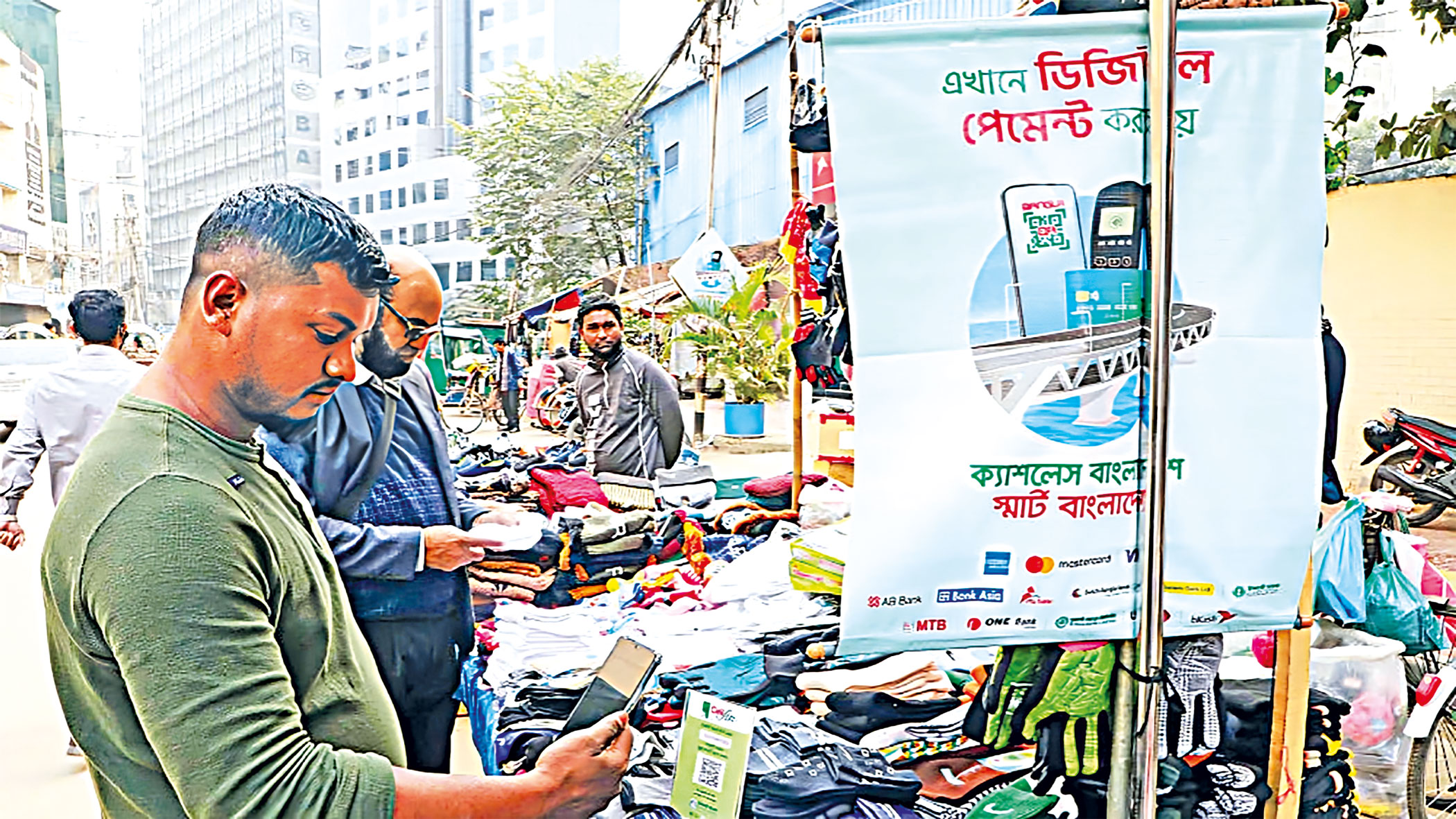Cash transactions creep up despite digital push

Cash transactions in Bangladesh have continued to creep up in spite of significant developments in digital payment methods and digital financial services over the last decade, as per the latest annual report of Bangladesh Financial Intelligence Unit (BFIU).
In effect, this continues to facilitate money laundering since it is anonymous, making it difficult to trace the source and destination, it read.
Some Tk 22,86,208 crore was transacted in cash in fiscal year 2022-23, up by around 8 percent from a year ago.
In fiscal year 2021-22, it had spiked by around 46 percent, presumably for pent-up demand unleashed during relaxation of the 2020 pandemic lockdowns.
Just prior to the pandemic, meaning in fiscal year 2018-19, it was Tk 21,90,107 crore.
The number of cash transactions also increased in recent years.
The BFIU can obtain cash transaction reports (CTR) from banks and non-bank financial institutions (NBFIs) and subsequently analyse the information as per Money Laundering Prevention Act 2012.
The CTR comprises any cash deposit or withdrawal amounting to Tk 10 lakh and above (or equivalent foreign currency) conducted through single or multiple transactions in an account within a single day in banks and NBFIs.
This information is used for operational analysis, strategic assessment and risk-based supervision of banks and NBFls.
Economic growth played a part in the rise in cash transaction, said the BFIU officials.
Cash proceeds are also often generated from traditional criminal activities such as corruption, fraudulence, forgery, drug dealing, extortion, sexual exploitation, hundi and human trafficking, they said.
Virtual currencies, cryptocurrencies and proceeds from online gaming and betting are at one point converted to cash to cut off traces to their origins, they said.
Nowadays people are holding more cash than before because they are having to spend more due to a consumer price rise resulting from high inflation, said Arfan Ali, chairman of fintech Zaytoon Business Solutions.
Inflation in Bangladesh has been persistently hovering at over 9 percent for the last couple of months. It stood at 9.86 percent in January, having climbed 45 basis points from that on the preceding month.
Cash transactions are still very popular because it is preferred by a large portion of people in rural areas and in the peripheries over digital payment methods, said Ali, a former managing director of Bank Asia.
Depositors in recent times have been withdrawing their funds from some banks due to a lack of trust over loan irregularities, he said, urging collaborative efforts for increasing the adoption of digital transactions.
The government has taken steps to discourage cash transactions and facilitated the development of a digital payment ecosystem, but the use of cash has increased as the economy has grown, said the BFIU officials.
The BFIU report showed that the highest amount of cash transactions took place in Dhaka division (57 percent) followed by Chattogram division (16 percent).
Sylhet and Barishal divisions each accounted for 2 percent, the lowest.
Moreover, cash transactions in border areas have increased by 19.92 percent year-on-year in fiscal year 2022-23.
Cross-border crime has become one of the most pressing concerns as it poses a significant threat to national security and sovereignty as well as givi9ng rise to social and economic disorder, said the report.
Border areas are more prone to money laundering and terrorist financing as they are hotbeds for drug and human trafficking and smuggling of goods and small arms, it said.
The BFIU recommended that the government and Bangladesh Bank adopt a holistic effort to discourage cash transactions to reduce the risk of money laundering.
Appropriate measures should be taken to minimize large volume of transactions through entity accounts and monitoring should be strengthened to minimise cash transactions in border areas, it said.
Around 80 percent of the cash transactions took place through entity accounts last fiscal year while the remaining through personal accounts.



 For all latest news, follow The Daily Star's Google News channel.
For all latest news, follow The Daily Star's Google News channel. 
Comments